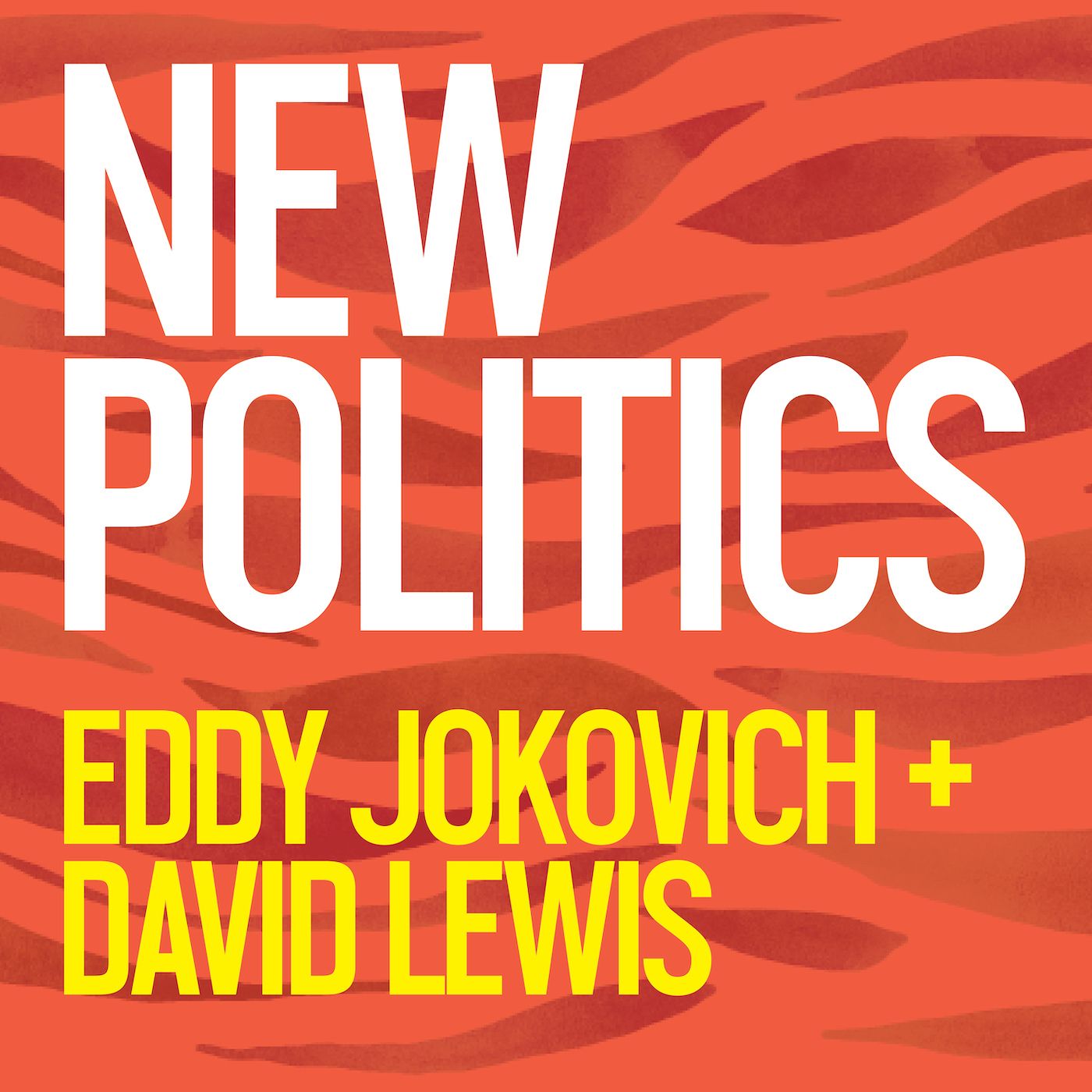The nuclear mirage and Dutton’s losing climate gamble
Description
In this week’s episode of News Politics, we look at the latest escalation in the climate wars – the latest chapter has the Coalition turning up the heat by announcing seven proposed locations for nuclear power stations. As we’ve suggested before, these projects will never be built but provide Peter Dutton with a platform to dominate the political agenda with lies and disinformation under the guise of addressing climate change.
Nuclear power in Australia faces significant hurdles, primarily due to the high costs involved, and nuclear energy is an expensive option, especially when compared to the more affordable renewable energy alternatives. Six out of the seven proposed nuclear sites are in safe Liberal or National party seats, indicating a strategic choice to avoid backlash in more contentious areas – it might mitigate the “not in my backyard” syndrome but raises questions about the true intent behind the proposal.
It’s a high-risk strategy with scant details – the Coalition hasn’t specified the type, size, or cost of the nuclear reactors, leaving the public to wonder about the feasibility of the plan. Even if there were massive public support for nuclear energy, this proposal is filled with so much uncertainty that it’s hard to imagine it gaining traction.
Globally, the trend is moving away from nuclear energy. Countries such as Japan and Germany have significantly reduced their reliance on nuclear power, transitioning to renewable energy sources. Despite some nations like France and Slovakia maintaining high levels of nuclear energy, the global supply from nuclear is declining, while renewable energy is on the rise.
The Coalition’s nuclear announcement will have local political ramifications, benefiting groups such as Climate 200 – key supporter of the teal independents – and the Australian Greens. Climate 200 has targeted nine extra seats for the next federal election, with several in marginal areas. This nuclear proposal might bolster their chances, as well as those of the Greens in key seats.
Peter Dutton’s rise as the preferred Prime Minister in a recent Resolve Poll is another development worth noting. While the margin over Anthony Albanese is slim, and critics argue this could be an outlier, it reflects growing concerns about Albanese’s cautious leadership style. The Albanese government’s attempts to appease News Corporation and its handling of key issues have led to questions about their political strategy. Has this strategy been worth it?
We also discuss China Premier Li Qiang’s visit to Australia, which the media has portrayed with suspicion and their usual anti-China rhetoric. This visit was covered neutrally by international outlets but sensationalised by the Australian media. This anti-China sentiment, leveraged by conservative politics, contrasts with the Labor government’s efforts to normalise relations with China, which could benefit the Australian economy.
Finally, we look at the recent pay rise for federal politicians, a quietly implemented increase of 3.5 per cent. In the context of a cost-of-living crisis, this move seems ill-timed and out of touch with the electorate’s struggles, suggesting that solidarity with voters might have been a more strategic choice.
Join us as we unpack these developments and explore their implications for Australian politics and beyond.
More Episodes
We explore the proposed reforms to Australia’s donation laws and ask: who really benefits from these changes? The climate wars rage on, with the latest battle centred on the government’s delayed 2035 emissions reduction targets. Meanwhile, the Albanese government attempts to outflank the Liberal...
Published 11/22/24
We explore the government’s controversial plan to target under-16s with a social media ban, explore the continued media manipulation surrounding Israel, and examine why football violence seems to receive a troubling level of acceptance when perpetrated by racist Israeli football hooligans....
Published 11/15/24
Published 11/15/24


